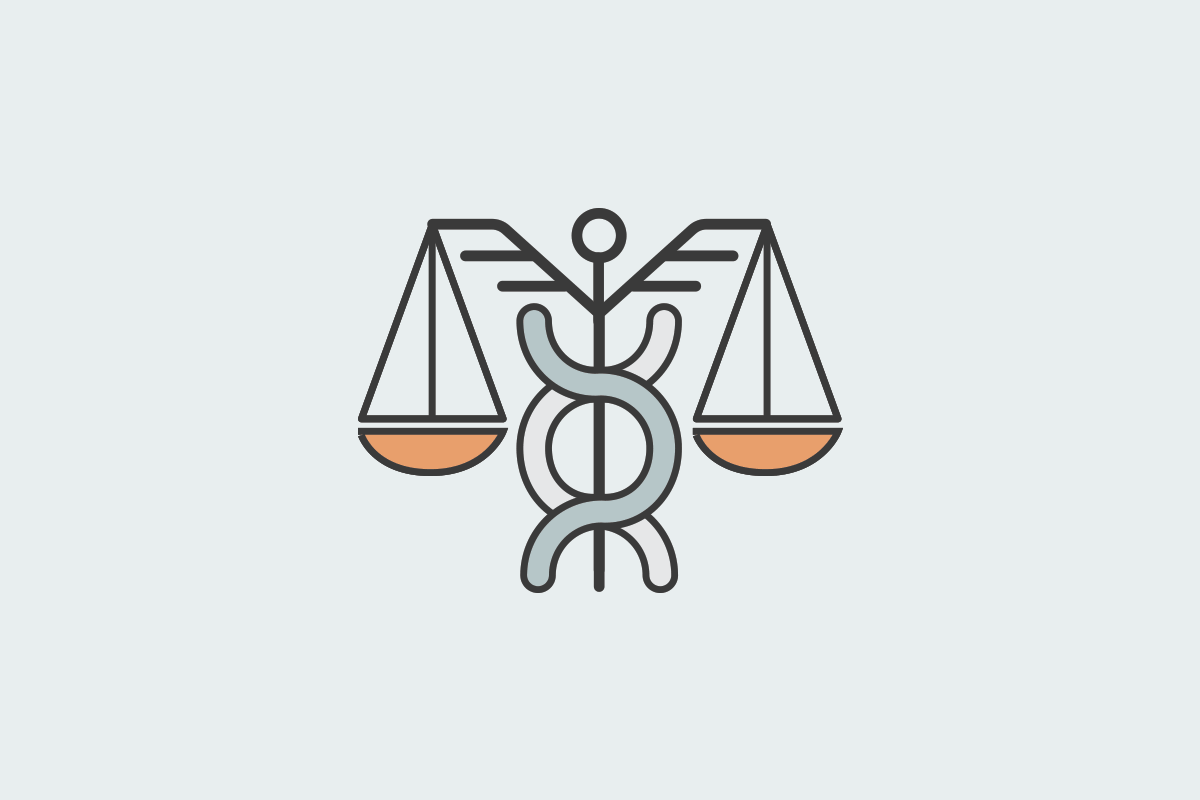During the COVID-19 pandemic, people spent a lot of time isolated and indoors, which helped foster an environment where some people now feel lonelier than ever. The result is a loss of social connectedness—the degree to which people feel the social connections and relationships in their lives to satisfy their wants and needs. When social…
Your Welcoa membership has expired.
The Legal Importance of Group Health Plan Status
The following article does NOT constitute legal advice and should not be used as such. It is for educational purposes only. Readers should retain legal counsel to obtain definitive answers.
Determining your wellness program’s “group health plan” status is an important first step for achieving compliance. Whether your workplace wellness program qualifies as a group health plan or a non-group health plan dictates which laws apply. For example, group health plan wellness programs are subject to the Affordable Care Act (ACA), the Employee Retirement and Income Security Act (ERISA), the Health Insurance Portability and Accountability Act (HIPAA), and the Consolidated Omnibus Budget Reconciliation Act (COBRA), whereas non-group health plan wellness programs are not.
ERISA defines “group health plan” as “an employer-sponsored welfare benefit plan to the extent that the plan provides medical care to employees or their dependents directly or through insurance or otherwise.”1 “Medical care” includes amounts paid for:
- The diagnosis, cure, mitigation, treatment or prevention of disease, or amounts paid for the purpose of affecting any structure or function of the body;
- Transportation primarily for and essential to medical care referred to above; and
- Insurance covering medical care described above.2
“Medical care” does not include anything that is merely beneficial to the general health of an individual, such as a vacation.3 Thus, if an employer maintains a program that furthers general good heath, but the program does not relate to the relief or alleviation of health or medical problems and is generally accessible to and used by employees without regard to their physical condition or state of health, that program is not considered a program that provides health care and so is not a group health plan. For example, if an employer maintains a spa, swimming pool, gymnasium, or other exercise/fitness program or facility that is normally accessible to and used by employees for reasons other than relief of health or medical problems, such a facility does not constitute a program that provides health care and thus is not a group health plan. If, however, an employer offers a fitness program to those employees who have been diagnosed with a medical condition, and the employee’s medical provider has prescribed exercise as treatment for that condition, the fitness activity would qualify as medical care. Similarly, if an employer maintains a drug or alcohol treatment program or a health clinic, or any other facility or program that is intended to relieve or alleviate a diagnosed physical condition or health problem, the facility or program is considered to be the provision of health care and so the wellness program would qualify as a group health plan.”4
What About Employers Offering Vaccination or Biometric Screening Clinics?
In the wake of COVID19, there have been numerous questions about the legal impact of an employer offering vaccinations. Offering vaccination clinics at the worksite may create group health plan status and thus require compliance with the ACA, ERISA, HIPAA, and COBRA, as discussed above.
Whether a vaccination constitutes medical care is the critical question to determine whether the employer vaccination clinic qualifies as a group health plan.
One could argue that flu shots, or biometric screens or HSAs do not constitute medical care. As noted above, “medical care” is defined as amounts paid for “the diagnosis, cure, mitigation, treatment or prevention of disease, or amounts paid for the purpose of affecting any structure or function of the body.” 42 USC s. 300gg-91(a)(2). This is the same definition used by the Internal Revenue Service under IRC s. 213(d). HIPAA defines “health care” similar to the definition of “medical care,” stating that it includes “preventive, diagnostic, therapeutic, rehabilitative, maintenance or palliative care, and counseling, service, assessment, or procedure with respect to the physical or mental condition, or functional status, of an individual or that affects the structure or function of the body.” 45 CFR s. 160.103.
The words “preventive” and “assessment” are key to the definition of health care for purposes of vaccination and screening activities in a workplace wellness program. The Internal Revenue Service offered guidance in 2010 to further interpret the meaning of “medical care.” Specifically, the IRS was answering the question whether someone could deduct gym fees as deductible medical expenses. If a service is medical care, one can deduct it from taxes. If it does not qualify as medical care, they cannot.
The IRS concluded that gym fees were not deductible from one’s taxes unless it was related to the prevention or alleviation of a physical or mental defect or illness. “An expense qualifies as medical care as preventing disease only if a present existence or imminent probability of developing a disease, physical or mental defect, or illness exists.” IRS Notice No. 2010-0175. The IRS continued by stating an expenditure that is merely beneficial to the general health of an individual is a personal expense and does not qualify as medical care. The taxpayer must establish that he or she would have not paid the expense but for the disease or illness.
So, according to the IRS, for preventive services to qualify as medical care (or arguably, health care), there has to be a medical reason for the expense. In other words, an imminent probability of developing a disease or illness.
Screening and flu shot activities are not typically done in response to an imminent probability of illness. In fact, as an example, Medicare does not even require a physician order for a beneficiary to receive the vaccine. Rather, a beneficiary can request the vaccine without a physician’s order and without physician supervision. See https://www.cms.gov/Regulations-and-Guidance/Guidance/Manuals/Downloads/bp102c15.pdf.
When wellness activities are done for general health or wellness, they do not qualify as “medical care,” and arguably “health care” under HIPAA or the IRS or group health plan definitions. Because this law and guidance supports the conclusion that seasonal flu shot and screening activities at the worksite do not qualify as medical or health care, one could argue that those activities do not constitute a group health plan subject to the federal laws listed above.
The COVID19 vaccine may be a different story, however. Unlike the seasonal flu, because of the pandemic status of COVID19, there is arguably a more imminent probability that an individual may contract the COVID19 virus. Thus, COVID19 vaccines might more squarely fall into the “medical care” definition. As a result, an employer that offers COVID19 vaccines at the worksite may want to work with legal counsel to ensure that it is in compliance with all of the group health plan laws.
If you need legal compliance help with your workplace wellness program, contact the Center for Health and Wellness Law, LLC. We are here to help!
1 ERISA §§ 607 and 733.
2 26 USC § 213(d); ERISA § 733(a)(2).
3 26 CFR § 54.4980B-2(b). Although this regulatory reference defines “medical care” for COBRA purposes only, one could argue that the guidance is relevant to the group health plan definitions found in other parts of ERISA, such as HIPAA and the ACA. Ratzlaff v. U.S, 510 U.S. 135, 143 (1994) (stating a “term appearing in several places in a statutory text is generally read the same way each time it appears.”).
4 26 CFR § 54-4980B-2(b).

Barbara J. Zabawa
President of the Center for Health and Wellness Law, LLC
wellnesslaw.com
Health Promotion Program Legal Updates*
Every 3rd Wednesday from 10:00–11:00 AM CT
*This is an exclusive WELCOA Member Resource.




